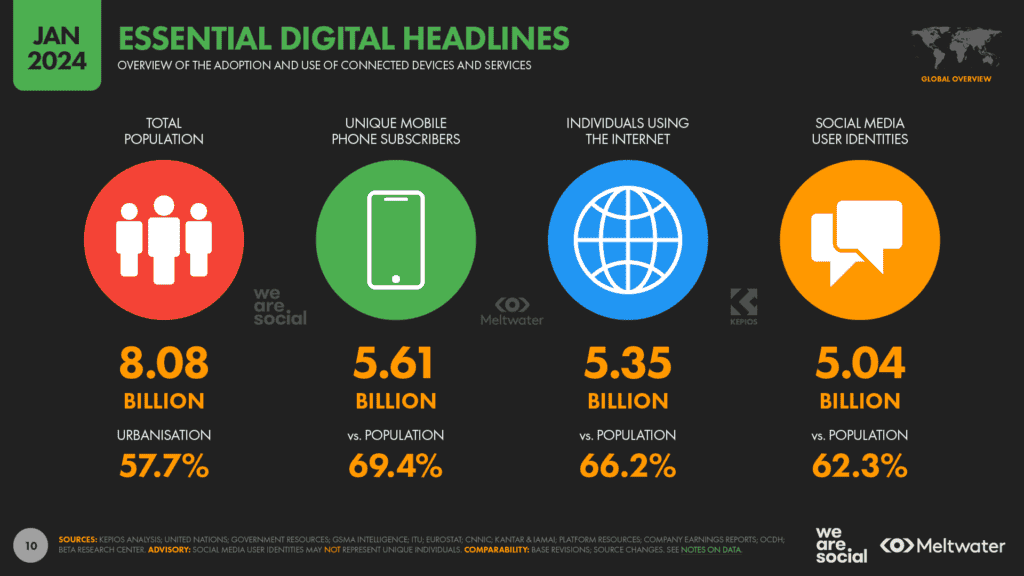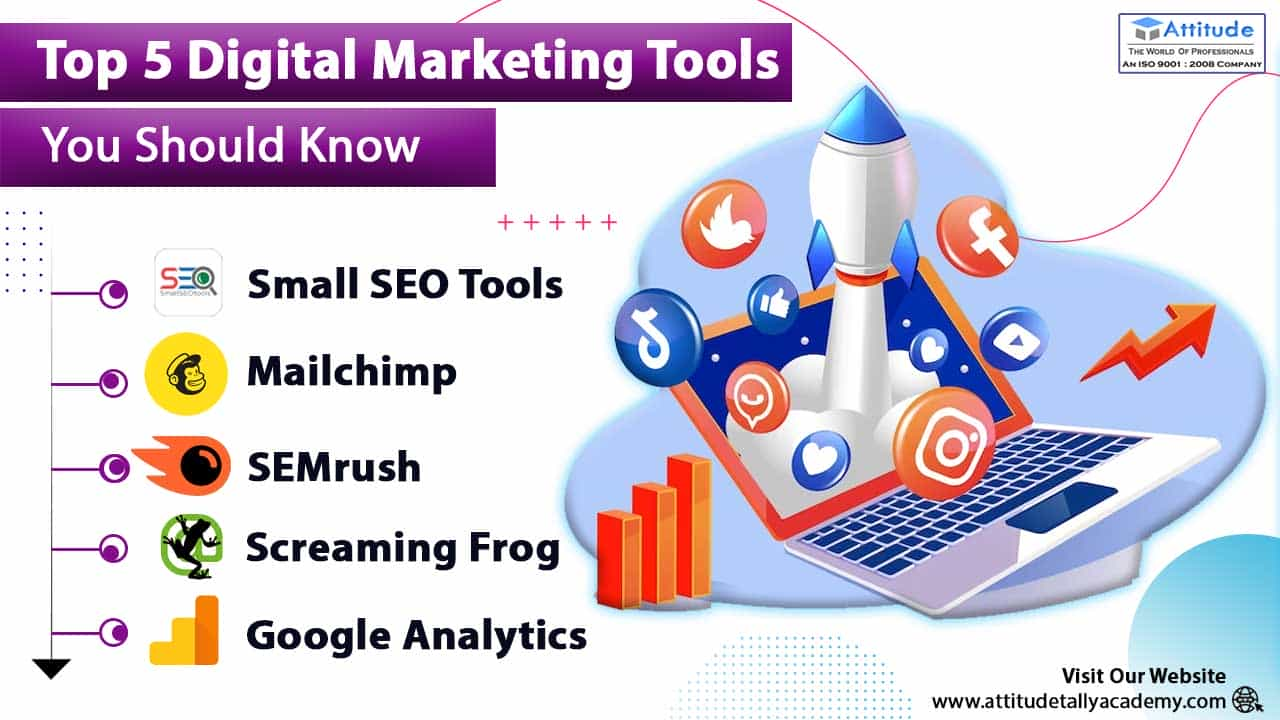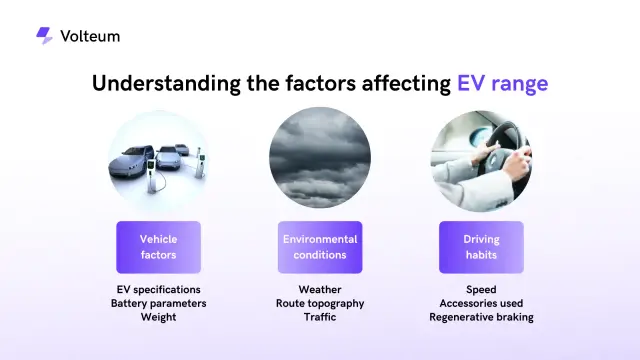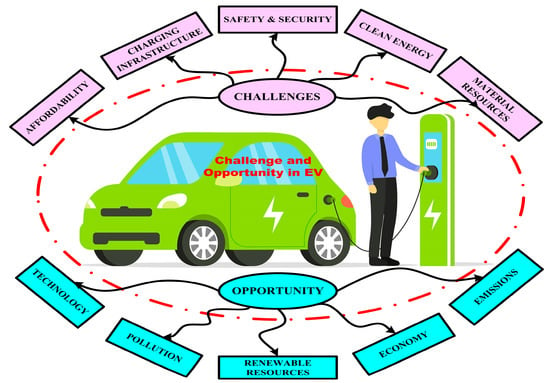Overcoming Resistance from the Oil and Gas Industry
Mia Anderson

Photo: Overcoming Resistance from the Oil and Gas Industry
The global energy transition is well underway, with renewable energy sources like wind and solar making remarkable strides. However, the journey to a cleaner, greener future faces significant resistance, particularly from the oil and gas industry. As one of the most powerful and established sectors, this industry's resistance stems from economic, political, and cultural factors deeply rooted in its operations. Overcoming this resistance is essential for achieving global sustainability goals. This article explores the challenges, underlying reasons for resistance, and potential strategies to address them.
Understanding Resistance in the Oil and Gas Industry
The Industry's Economic Stake
The oil and gas sector contributes significantly to the global economy, generating trillions of dollars annually and employing millions of people worldwide. This economic weight translates to an undeniable influence on governments and financial institutions. Companies within the sector often argue that a rapid transition away from fossil fuels could destabilize economies, lead to massive job losses, and disrupt energy markets.
Political Influence and Lobbying Power
The industry's political influence is immense. Oil and gas companies often lobby aggressively to shape policies in their favor. They invest heavily in campaigns to delay or dilute environmental regulations, arguing for "balanced approaches" that prioritize short-term economic stability over long-term environmental sustainability. This lobbying often results in policies that favor fossil fuels over renewable energy sources.
Cultural and Social Factors
Culturally, the oil and gas industry has deeply entrenched itself in many communities, particularly in regions where extraction and production are significant sources of livelihood. Resistance to change in these areas often stems from fear of the unknown, mistrust of renewable energy technologies, and concerns about losing jobs that have sustained families for generations.
Analysis: Challenges in Overcoming Resistance
The Financial Clout of Oil Giants
Major oil and gas corporations have vast resources at their disposal, allowing them to fund disinformation campaigns that cast doubt on climate science and the feasibility of renewable energy. These campaigns often exploit public fears about energy reliability and costs, slowing down the adoption of cleaner alternatives.
Political Roadblocks
Governments in oil-dependent economies face a difficult balancing act. They must transition to renewable energy while ensuring economic stability and political support. This dual obligation often results in policies that only partially address climate goals, prolonging dependence on fossil fuels.
Technological and Infrastructure Barriers
The shift to renewable energy requires significant investment in infrastructure, from power grids to energy storage systems. Oil and gas companies often argue that these investments are too costly and time-consuming, further resisting the transition. Moreover, the existing infrastructure is designed to support fossil fuels, creating additional hurdles for change.
Strategies to Overcome Resistance
Promoting Economic Diversification
Economic diversification is key to reducing dependence on oil and gas revenues. Governments and industries can invest in emerging sectors, such as green technology, manufacturing, and services, to create alternative sources of income and employment. For instance, Norway's sovereign wealth fund, derived from oil revenues, has invested heavily in renewable energy projects, demonstrating a successful transition model.
Encouraging Transparent Climate Policies
Governments need to enforce transparent, science-based climate policies that set clear timelines for reducing emissions. Policies should include incentives for renewable energy investments and penalties for continued reliance on fossil fuels. Carbon pricing mechanisms, such as carbon taxes or cap-and-trade systems, can further encourage industries to adopt cleaner practices.
Public Awareness and Education
Public awareness campaigns can counteract the disinformation spread by oil and gas companies. By educating communities about the economic and environmental benefits of renewable energy, governments and non-profits can build grassroots support for the transition. Highlighting success stories, such as regions that have successfully shifted to renewables, can also inspire confidence.
Collaboration Between Sectors
Collaboration between the oil and gas industry and renewable energy companies can accelerate the transition. Some oil giants, like BP and Shell, have already started diversifying their portfolios by investing in solar, wind, and hydrogen energy. Encouraging further collaboration can help leverage the technical expertise and capital of oil companies to support cleaner energy.
Innovation and Investment in Technology
Advancements in renewable energy technologies, such as more efficient solar panels and scalable battery storage, can address concerns about reliability and cost. Governments can play a vital role by funding research and development, creating an environment that fosters innovation.
Overcoming Resistance: A Broader Perspective
The Role of Global Cooperation
The fight against climate change requires global collaboration. International agreements like the Paris Accord provide a framework for collective action, but their success depends on the commitment of individual nations. Wealthier countries can assist oil-dependent economies by providing financial and technical support to facilitate a smoother transition.
The Power of Consumer Choice
Consumers have significant influence over market trends. Increased demand for renewable energy and sustainable products can pressure oil and gas companies to adapt. Public boycotts of fossil fuel products and investments in green alternatives send a strong message about the direction society wants to take.
Balancing Short-Term Costs with Long-Term Benefits
One of the most compelling arguments against transitioning away from fossil fuels is the perceived short-term economic cost. However, studies consistently show that the long-term benefits of addressing climate change such as reduced healthcare costs, lower disaster-related expenses, and job creation in the green sector far outweigh these initial investments. Policymakers must emphasize these benefits to build broader support for change.
Conclusion
The resistance from the oil and gas industry is a significant obstacle to achieving a sustainable future, but it is not insurmountable. By understanding the economic, political, and cultural factors driving this resistance, stakeholders can develop targeted strategies to address it. Promoting economic diversification, enforcing transparent policies, and fostering collaboration between sectors are just a few ways to overcome these challenges.
The energy transition is not merely a technical or economic issue it is a societal transformation that requires collective effort and resolve. As the world moves toward cleaner energy, the oil and gas industry must evolve from being a part of the problem to becoming an integral part of the solution. Together, we can create a future that balances environmental sustainability with economic prosperity.
Marketing
View All
January 23, 2025
Social Media in Digital Marketing 2024Learn how social media is revolutionizing digital marketing in 2024. Boost your brand with actionable tips for viral campaigns!
Mia Anderson

January 23, 2025
10 Content Strategies for Digital SuccessCreate winning content with these 10 proven digital marketing strategies. Enhance engagement and conversions starting today!
Mia Anderson

January 20, 2025
5 Best Digital Marketing Tools for GrowthUncover the top 5 digital marketing tools every marketer needs. Boost efficiency, drive results, and streamline your campaigns now!
Mia Anderson
Entertainment
View AllDiscover the fascinating history of superhero movies, from early adaptations to modern blockbusters. Uncover surprising facts and insights click to explore!
Mia Anderson
Unlock the secrets to going viral on TikTok with these 2024 strategies. From trend-spotting to unique twists, learn how to boost your visibility and engagement. Start creating viral content today!
Mia Anderson
Learn the key steps to start a YouTube channel in 2024, from content strategy to monetization. Click here for expert advice and actionable tips!
Mia Anderson
Discover the latest tips and trends for making a short film in 2024. Learn from experts and get started on your cinematic journey today!
Mia Anderson
Automotive
View AllExplore the growth of residential EV charging solutions, from home setups to energy-efficient charging options.
Read MoreDiscover the latest innovations in lightweight materials for EVs. How do these advancements improve performance and efficiency?
Read MoreDiscover real-world experiences of long-distance EV travel. Learn how EV owners tackle range anxiety and plan road trips.
Read MorePolular🔥
View All
1
2
3
4
5
6
7
8
9
10
Technology
View All
September 12, 2024
Comprehensive Machine Learning Tutorial for Beginners
Master machine learning with our detailed tutorial. Learn the fundamentals and advance your skills today. Start your journey into AI now!

August 13, 2024
The Top SOC 2 Compliance Companies: Securing Your Data
Discover the leading SOC 2 Compliance companies and learn how they can help protect your organization's sensitive data. Click to explore the best options for safeguarding your business.

December 17, 2024
The Best Tech Gifts for 2024 – Shop Before They Sell Out!
Find the perfect tech gifts for everyone on your list! Click to explore the hottest gadgets and shop before they're gone.
Tips & Trick






















